The Provincial Government in Bali has announced an action plan to eliminate single-use plastics by the end of 2022. The local government and strategic partners are hoping that the ban will be in full flow by the time the G20 Summit comes around in November 2022.
Bali is hosting the G20 Summit for the first time and all government departments from tourism to business to the environment are upping efforts to ensure that Bali is well-received on the world stage and that all previously announced policies are in full effect.
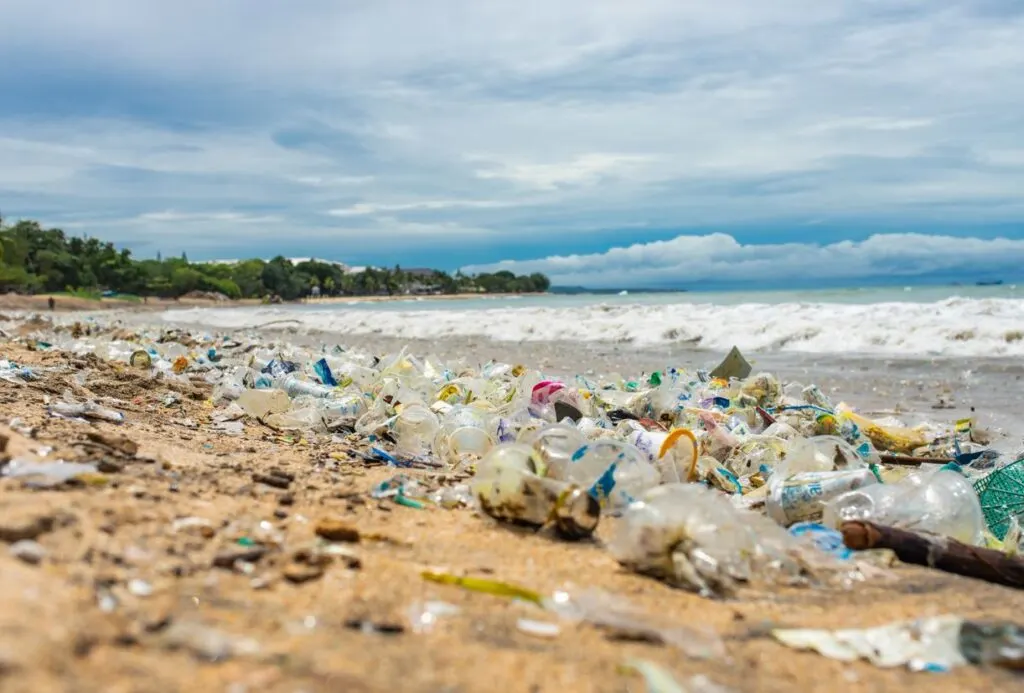
The ban on single-use plastics in Bali is being coordinated by Zero Waste Indonesia Alliance (AZWI), the Bali Environmental Education Center (PPLH), the Indonesian Center for Environmental Law (ICEL), and the Indonesian Diet Pockets Movement Plastic (GIDKP). There are many other environmental groups, eco-businesses, and campaigners who are supporting the initiative too.
Bali is famous around the world for its green credentials but commentators have often pointed out that despite impactful green initiatives from Bali citizens, ex-pats, and international volunteers, there was is much further to go to curb plastic pollution across the idyllic island.
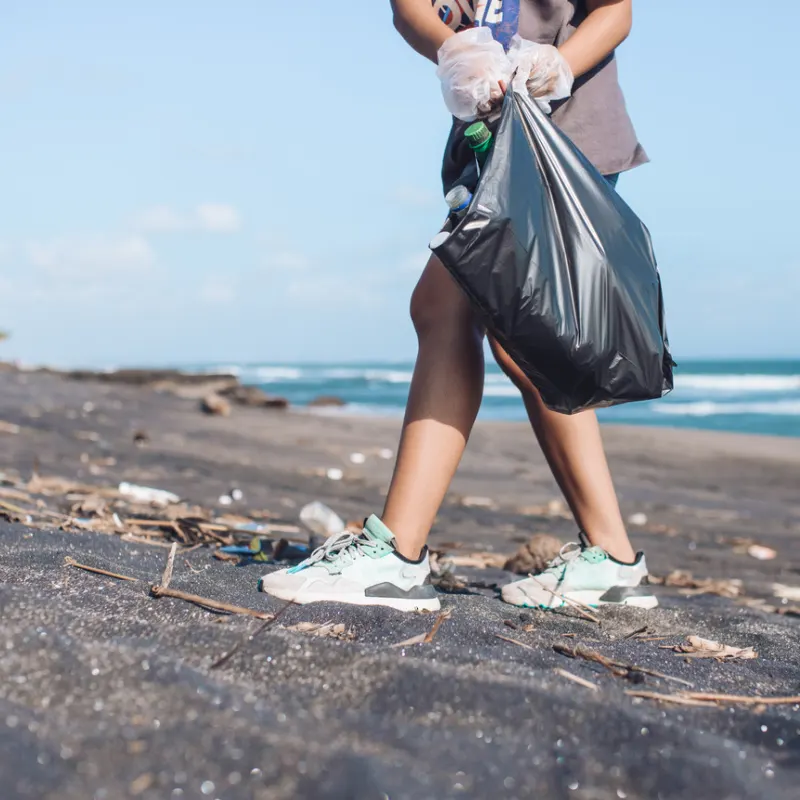
Speaking at a press conference after the collation’s latest workshop event, Fajri Fadhillah, Head of the Pollution and Environmental Damage Control Division of the Indonesian Center for Environmental Law said that the collation was working to implement a strategic plan this year.
Fadhillah said that the action plan involves limiting the distribution of single-use plastics, working in partnership with communities, small businesses and waste management authorities. They will run a public awareness campaign through events, workshops, and educating people about the law.
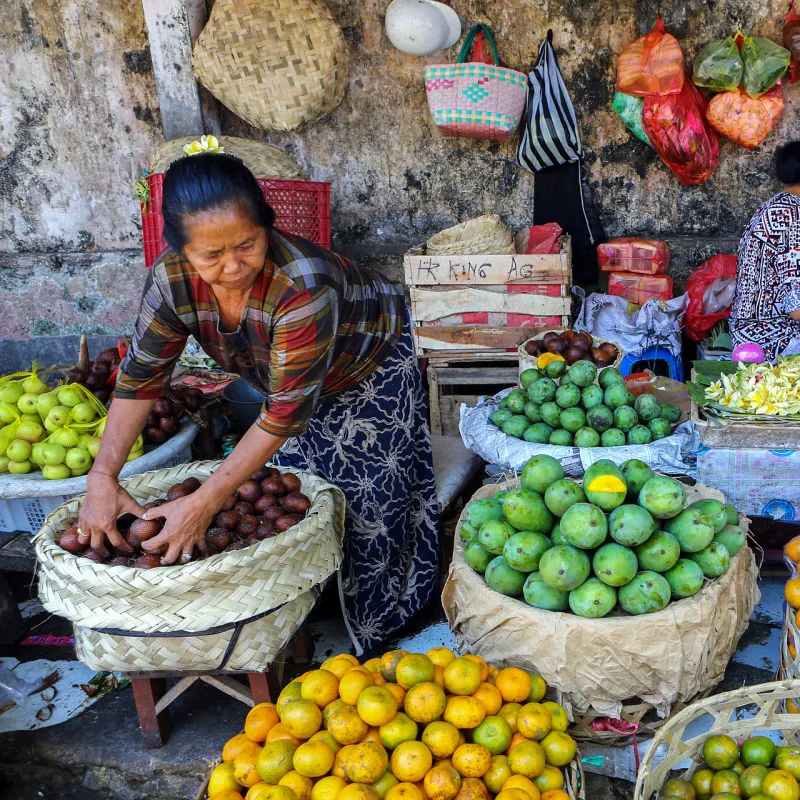
Indonesia is one of the world’s worst plastic polluters. Though the majority of the plastic waste that makes its way to Indonesia isn’t produced by its citizens. Nations in the global north, like the UK, the US, and Canada are famed for shipping their plastic waste to countries like Indonesia, the Philippines, and Malaysia to be ‘recycled’.
This boosts the green credentials of the origin countries and puts increasing pressure on the already struggling waste management systems of countries like Indonesia.
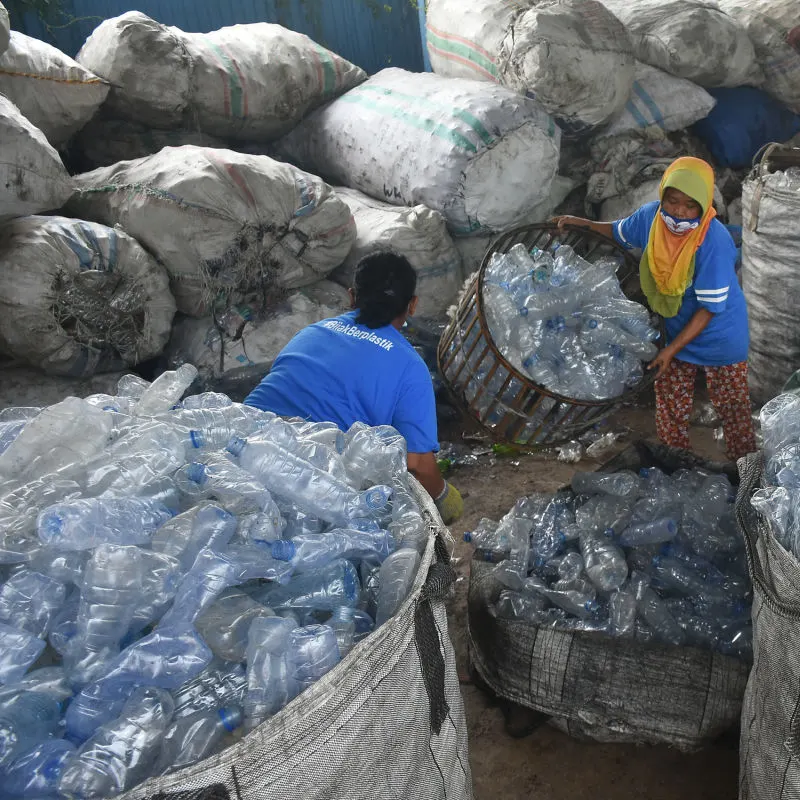
That being said, Bali has an undeniable plastic waste problem, which is why many environmental campaigners support the local government’s ban on single-use plastics. Single-use plastics come in many shapes and forms, it is not only the plastic bags and plastic straws that cause problems.
Drinks bottles, takeaway boxes and cutlery, shampoo bottles, and food packaging are all single-use plastics that will need to be phased out as part of the plan.
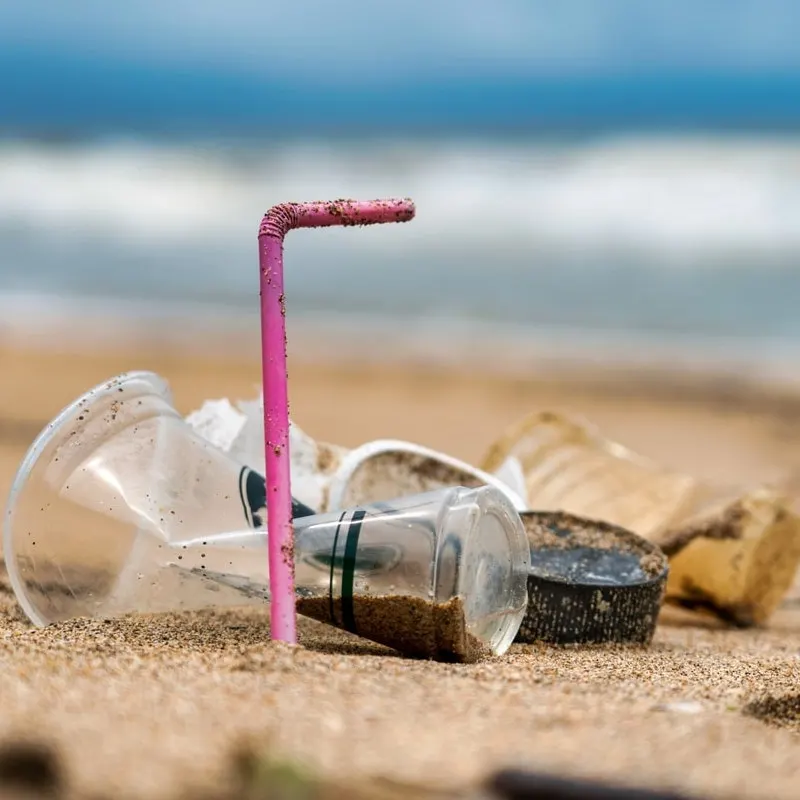
There are dozens of NGOs across Bali who are working with local communities to increase environmental literacy and many more who are working to address Bali’s waste management system. Traditionally Bali operated on a ridge to reef principle. In the days before plastics, everything was made of organic and biodegradable materials.

Waste that was not reused or recycled into compost was swept into the island’s rivers and streams and taken out to sea. When there was no plastic this was not a problem. The issue comes now as intergenerational habits stand firm. Waste often accumulated in rivers and streams, polluting the waterways, gathering in drains, and landing on Bali’s famous pristine beaches.
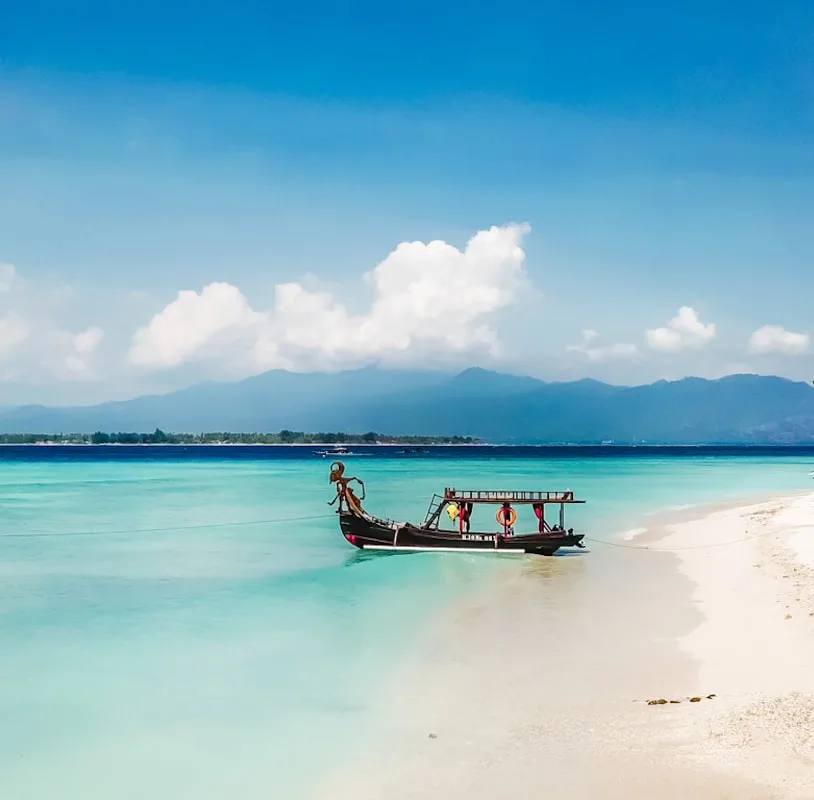
The tide is turning for Bali though. Much of the tourism sector is aware of travel trends leaning towards more eco and sustainable travel. Many hotels, backpackers, cafes, and restaurants that cater to international audiences already pride themselves on not using plastic straws or plastic bags.
The ban on plastic bags creates a unique opportunity for Balinese artisans to return to traditional ways of zero waste living, creating products that travelers would love to buy. In turn they’d play huge part in helping Bali become an example to the world as a leader in the zero waste movement.
Remove All Ads & Unlock All Articles… Sign up for The Bali Sun Premium

Plan Your Bali Holiday:
Book The Best English Speaking Drivers For Airport Transfers & Tours
Choose From Thousands of Bali Hotels, Resorts, and Hostels with Free Cancellation On Most Properties
Book Cheap Flights To Bali
Don’t Forget Travel Insurance That Covers Medical Expenses In Bali
For the latest Bali News & Debate Join our Facebook Community
SUBSCRIBE TO NEW POSTS
Enter your email address to subscribe to The Bali Sun’s latest breaking news, straight to your inbox.

Rahyang Nusantara
Sunday 5th of June 2022
Hi, The Bali Sun. I need to share a clarification. I was one of the facilitator and the organizer of the workshop held by Dinas Kehutanan dan Lingkungan Hidup Bali (DKLH) which supported by the Gerakan Indonesia Diet Kantong Plastik (GIDKP), Pusat Pendidikan Lingkungan Hidup Bali (PPLH), Indonesian Center for Environmental Law (ICEL), Aliansi Zero Waste Indonesia (AZWI). The event was a workshop, not a press conference, but we did share a press release to our media contact. Things need to be clarify: 1) the workshop was conducted to strengthen current regulation to ban single-use plastic (shopping bags, straws, and extended polystyrene for f&b and decoration) implemented since 1 July 2019. Our monitoring in 2020 (DKLH, GIDKP, PPLH, Nexus3, and AZWI, LINK) found out that, even though the regulation is a complete ban, the reduction is still under 100%.
2) From this 2-day workshop, the DKLH will prepare an action plan to strengthen the ban on single-use plastics, especially to restrict distribution of single-use plastic mentioned in the Bali Provincial Governor Regulation No. 97 of 2018 concerning Restrictions on the Generation of Single-use Plastic Waste. The action plan was resulted from the fruitful discussion with provincial, district, and city-level government agencies, as well as civil society groups.
3) there are several single-use plastics that also needs to be tackled that mentioned during workshops, but this needs new regulation.
More info:
Frustrated too
Thursday 2nd of June 2022
Yes it's not just in Bali. I have seen barges of refuse towed out of Ternate and dumped at sea, and the speed boats to Halmahera have to avoid the rafts of floating plastic. In Bukitinggi refuse trucks cart their waste to a ravine so the fast flowing river washes away the problem.
Paul Speirs
Tuesday 31st of May 2022
You must be joking to say that bali is world leading on plastic waste the place is full of waste rubbish the locals don't care about the environment so long as it rains the problem is not there. They still throw everything out of their car window and any piece of waste land.
Murphy
Thursday 2nd of June 2022
@Paul Speirs,
Firechef
Tuesday 31st of May 2022
This is all well and good, but what about take away food forks spoons and knifes? Plates, cups and bags can be made with paper, no problem, but unless the tourists can be taught to eat with chopsticks or their fingers this would present a problem